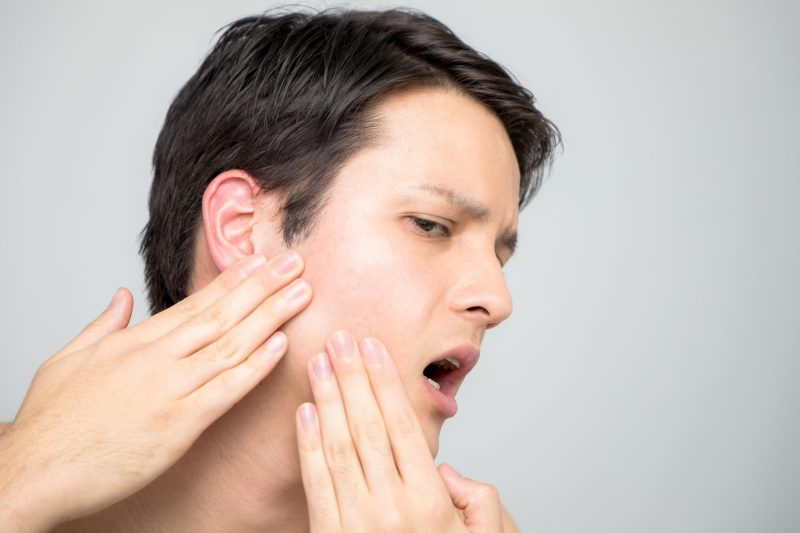What do you know about TMJ disorder? A TMJ or temporomandibular joint is the part that joins your jawbone to the skull. You have one TMJ on each side of your jaw. When you have a TMJ disorder, you develop pain in the jaw joints and muscles, causing difficulties in your jaw movement. The Gaithersburg TMJ specialist at Choice Pain & Rehabilitation Center offers critical care and treatments for TMJ to restore your health. Here is what to note about TMJ disorders.
What is a TMJ disorder?
The temporomandibular joint is the point where the jawbone connects to your skull, found on both sides of your jaw. The jaws assist you in chewing, yawning, and speaking. When you experience pain in the joints, it may mean you have a TMJ disorder.
Other than pain, you are likely to encounter the following symptoms if you have a TMJ disorder.

- Headache
- Facial pain
- Jaw tenderness
- Difficulty chewing
- Uneven bite
- Earaches
- Jaw locking
- A clicking sound when chewing or opening your mouth
- Sensitive to noise
- Blurred vision
- Pressure around your eyes
- Increased light sensitivity
- Dizziness
What causes TMJ disorder?
The temporomandibular joint is among the most complicated body joints. It joins the hinge action and sliding movements that enhance you to chew and speak. The ends of the bones have cartilage and a small disc that acts as a shock-absorber and separates the bones to promote smooth movement.
The TMJ is susceptible to different issues due to its heavy use and built nature. Some of the most common issues likely to happen to your TMJ include:
- Misaligned or worn-out disc
- Cartilage damage due to arthritis
- Overuse as a result of teeth grinding or jaw clenching
- Acute trauma like a head blow
Sometimes, there may be no definite cause for your TMJ disorder. Usually, you can find relief from TMJ pain with home remedies, including relaxation techniques and self-massage to release muscle tension. When you do not get better at-home treatments, your Choice Pain & Rehabilitation Center provider is here to help.
Diagnosis and treatment of TMJ disorder

Visit your primary care provider or dentist if you have a TMJ disorder. Your provider conducts a comprehensive physical exam and checks your medical history to evaluate your condition. They also perform x-rays and MRIs of your jaw for further diagnosis. After getting your diagnosis results, your provider suggests a customized treatment plan regarding your specific concerns.
Your treatment option may include the following:
- Botox injections
- Cognitive-behavioral therapy
- Oral medications
- Corrective dental treatment
- Steroid injections
If your TMJ condition does not improve with these treatments, your provider may request surgery to correct your problem.
TMJ disorder can be terrifying, affecting your daily life. Please do not ignore when you experience jaw pain or cannot chew or speak properly. You may use massage or relaxation techniques to help relieve the TMJ pain, among other symptoms.
Your provider performs a comprehensive diagnosis to determine the exact cause of your problem and come up with specific treatments. Surgery may be necessary when you do not find help with medications, among other treatments. Call Choice Pain & Rehabilitation Center today to book your appointment if you have TMJ pain.


